Ocean literacy refers to the understanding of the ocean’s influence on people and of people’s influence on the ocean. It is essential for fostering a connection between individuals and marine environments, leading to informed decisions about ocean conservation and sustainable practices.
Key principles of ocean literacy include:
Understanding the Ocean’s Importance: The ocean is a vital part of the Earth’s system, playing a crucial role in climate regulation, weather patterns, and the economy through fisheries, tourism, and recreation.
Oceans and Human Life: More than three billion people rely on the ocean for their livelihoods, and its health directly impacts food security, tourism, and overall well-being.
Biodiversity and Ecosystems: Oceans are home to diverse ecosystems that contribute to biodiversity. Awareness of these ecosystems fosters appreciation and encourages conservation efforts.
Human Impact: Recognizing the ways in which human activities, such as pollution, overfishing, and climate change, affect the ocean is vital for promoting sustainable practices.
Ocean Exploration and Science: Many aspects of ocean science remain unexplored. Promoting ocean literacy encourages curiosity, scientific inquiry, and innovation in marine research.
Overall, improving ocean literacy is critical for the stewardship of marine resources and the protection of ocean ecosystems, ensuring their health and sustainability for future generations.
OUR EVENTS
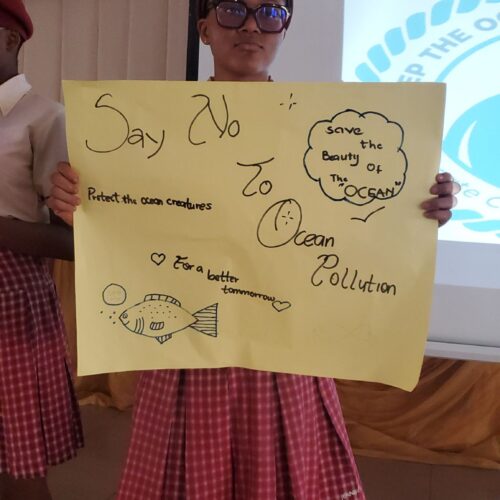
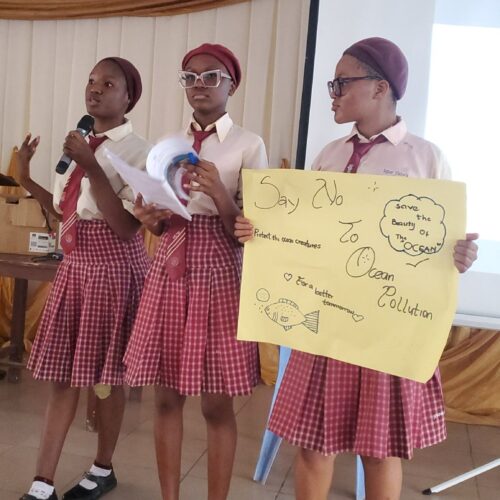
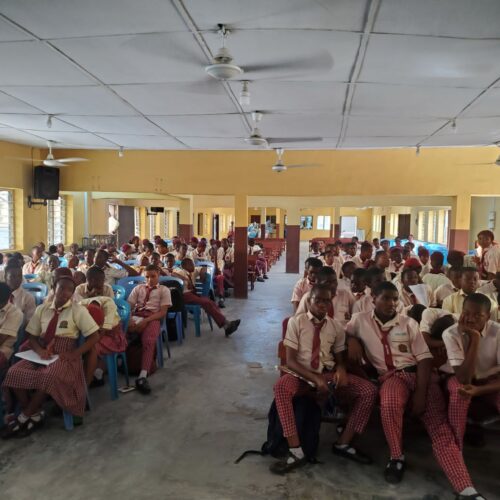
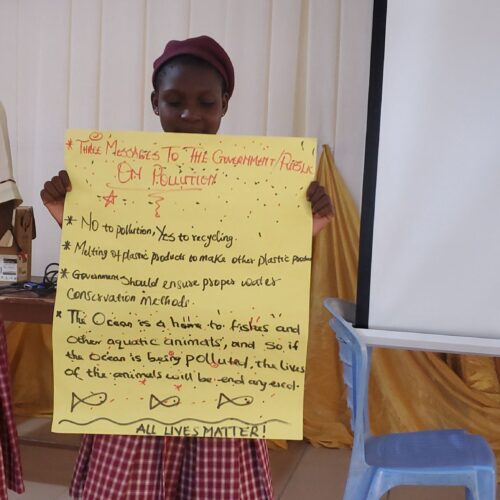
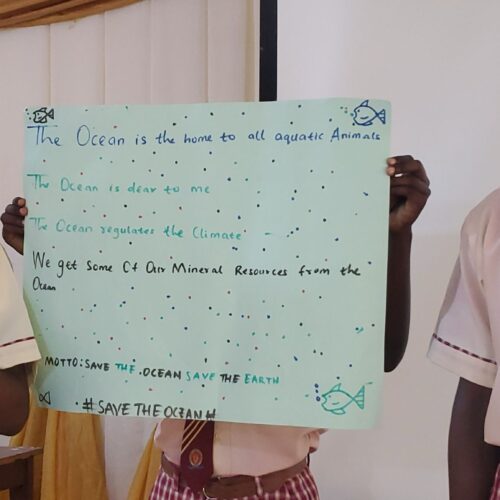

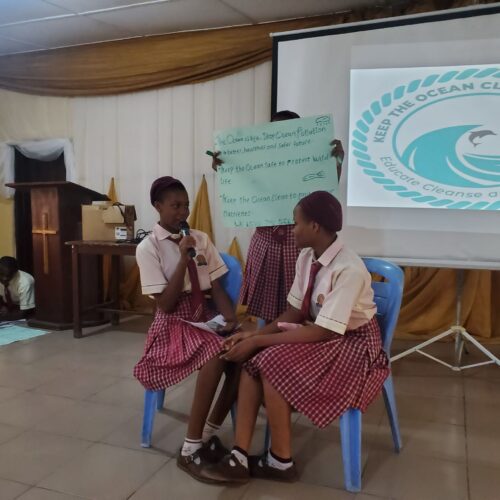

🌊 Happy World Ocean Day! 🌊
Today, we celebrate and protect our oceans. At ‘Keep The Ocean Clean Initiative,’ we’re proud of our recent school outreach at Sacred Heart Secondary School, Apapa Lagos, Nigeria 🇳🇬 where we inspired students to pursue ocean-related courses and become advocates for ocean literacy.
We remain committed to the goals of the Ocean Decade, working tirelessly to promote ocean conservation and sustainability.
#WorldOceanDay #OceanConservation #KeepTheOceanClean #OceanLiteracy #OceanDecade
